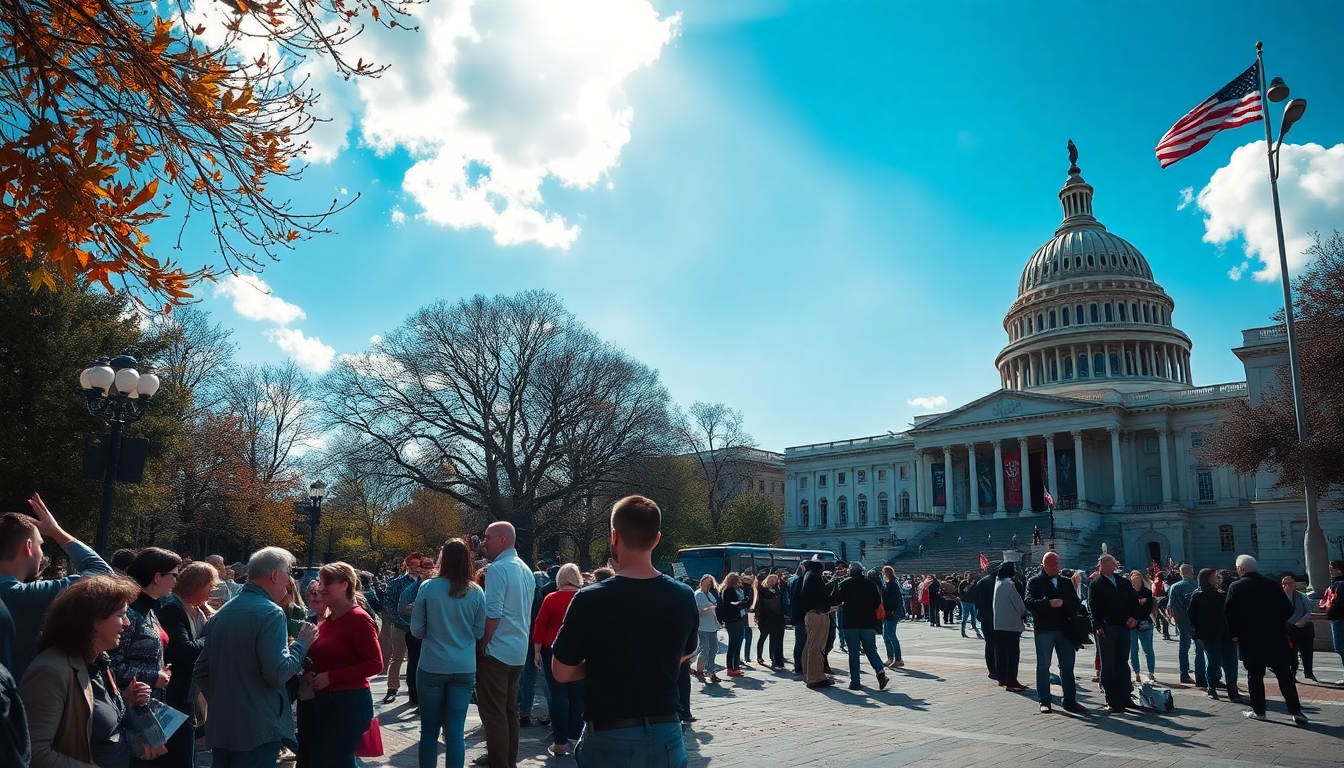Table of Contents
The political scene in Washington, D.C., has taken a dramatic turn recently. With grand juries opting not to indict individuals who made death threats against former President Donald Trump, we’re left grappling with some tough questions. How do politics and justice intertwine in a place where every legal decision can seem influenced by political agendas? It’s a situation that raises eyebrows and concerns alike.
Overview of the Cases
In a surprising twist, two grand juries in the nation’s capital decided against indicting individuals accused of making serious threats against Trump. The U.S. Attorney’s Office confirmed that while these cases involved alarming allegations, the jurors felt the evidence just wasn’t strong enough to proceed. One notable case involved Nathalie Rose Jones, who allegedly threatened to assassinate Trump online and reiterated her threats when questioned by Secret Service agents. After her arrest last month, the grand jury’s decision not to act has sparked considerable backlash from officials.
Jeanine Pirro, the U.S. Attorney for Washington, D.C., didn’t hold back her disappointment. She characterized the grand jury’s choice as a sign of a politicized legal system, insisting that Jones’ intentions were crystal clear, especially given that she traveled across multiple states to voice her threats. Pirro’s comments reflect a growing worry about how political motives can cloud jury decisions, particularly in cases involving high-profile individuals.
The second case involved Edward Alexander Dana, who allegedly threatened Trump during his arrest for unrelated charges. Just like Jones, Dana’s case also fell victim to a grand jury’s decision not to indict, prompting further concern about the accountability of those who threaten our public officials.
Implications for the Judicial System
The refusal to indict in these cases sheds light on larger issues plaguing the judicial system, especially in politically charged atmospheres like D.C. Critics argue that such reluctance to hold people accountable for threats against prominent figures might embolden further criminal behavior. It raises a troubling question: Are grand juries influenced by political sentiments, thereby compromising the integrity of the judicial process?
Defense attorneys, like Elizabeth Mullin, have raised their voices about the quality of evidence in these cases. Mullin, drawing from two decades of legal experience, expressed that she had never seen anything quite like this before, suggesting that the prosecution might be trying to push weak cases into a federal court system ill-equipped to handle them. This brings up alarms regarding the standards of evidence and the motivations driving prosecutorial decisions.
Moreover, Pirro’s remarks about the political climate are noteworthy. She claims a culture of desensitization to crime is creeping in among residents, leading to hesitance in indicting even the most serious cases. If this trend continues, it could signal a troubling breakdown in the judicial system’s ability to function impartially and effectively.
Looking Ahead: The Future of Justice in D.C.
As we reflect on these recent developments, it’s clear that the future of the judicial system in Washington, D.C., is at a crossroads. The delicate balance between political motivations and legal accountability is more critical than ever. The choices made by juries in these high-profile cases will undoubtedly set precedents that could resonate throughout the political landscape.
It’s crucial that we keep a close eye on how grand juries make decisions to ensure that justice prevails without the overshadowing influence of politics. As the situation evolves, it’s up to all of us—stakeholders, citizens, and advocates—to push for a system that prioritizes integrity and accountability over political convenience. These decisions will not only echo in the courtroom but will also shape public perception and trust in a system that promises to deliver justice fairly and equitably.
In conclusion, the grand juries’ refusal to indict individuals making threats against former President Trump marks a significant moment in our ongoing discussion about the relationship between politics and the judiciary. As we move forward, it’s essential to stay alert and ensure that justice isn’t compromised by political games.


